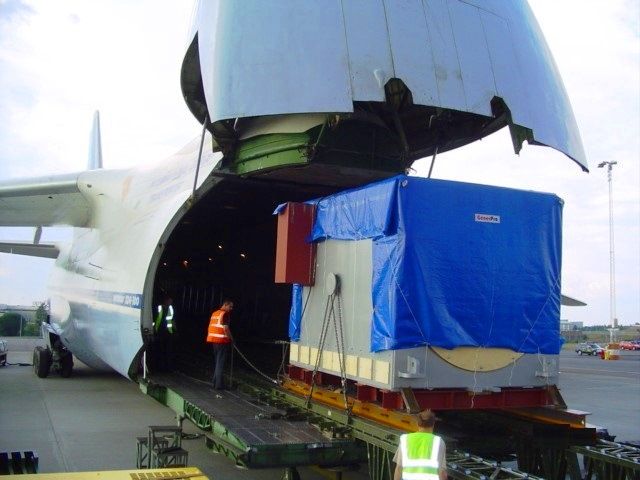The Mexican government initiated 7,493 Customs Administrative Procedures (PAMAS) for imports in 2019, which represented 11.5% less than those carried out in 2018.
In summary, the PAMAS are the set of acts provided for in the Customs Law, linked in succession, in order to determine the omitted contributions and, where appropriate, impose the corresponding sanctions in foreign trade, respecting people or companies their right audience when considering the evidence and arguments that seek to justify the legality of their acts.
The Tax Administration Service (SAT) carries out control processes that seek to reduce illegal trade and position the country on a par with international best practices.

In this sense, the SAT maintains an exchange of information with other tax and customs administrations to jointly combat commercial fraud and inhibit smuggling, money laundering and fraud.
Also in all of 2019, the Mexican government carried out 4,835 value analyzes, 23.6% less than in 2018, and issued 1,155 embargo orders (964 for undervaluation, 176 for verifications of fiscal domicile and 15 for false or altered documentation), 26.8% more than in the previous year.
The associated amount was 358 million pesos, being 46.5% higher in real terms compared to 2018.
PAMAS and illegal trade
According to the SAT, many of the taxpayers meet their tax obligations by paying their taxes correctly; however, there are others who, for various reasons, are unable to comply in a complete and timely manner.
Under this scheme, the institution is strengthening the capacity to detect irregular behavior and, if applicable, will act firmly when there are debts.
To this end, the federal government carries out control processes that seek to reduce illegal trade and position the country on a par with international best practices.

